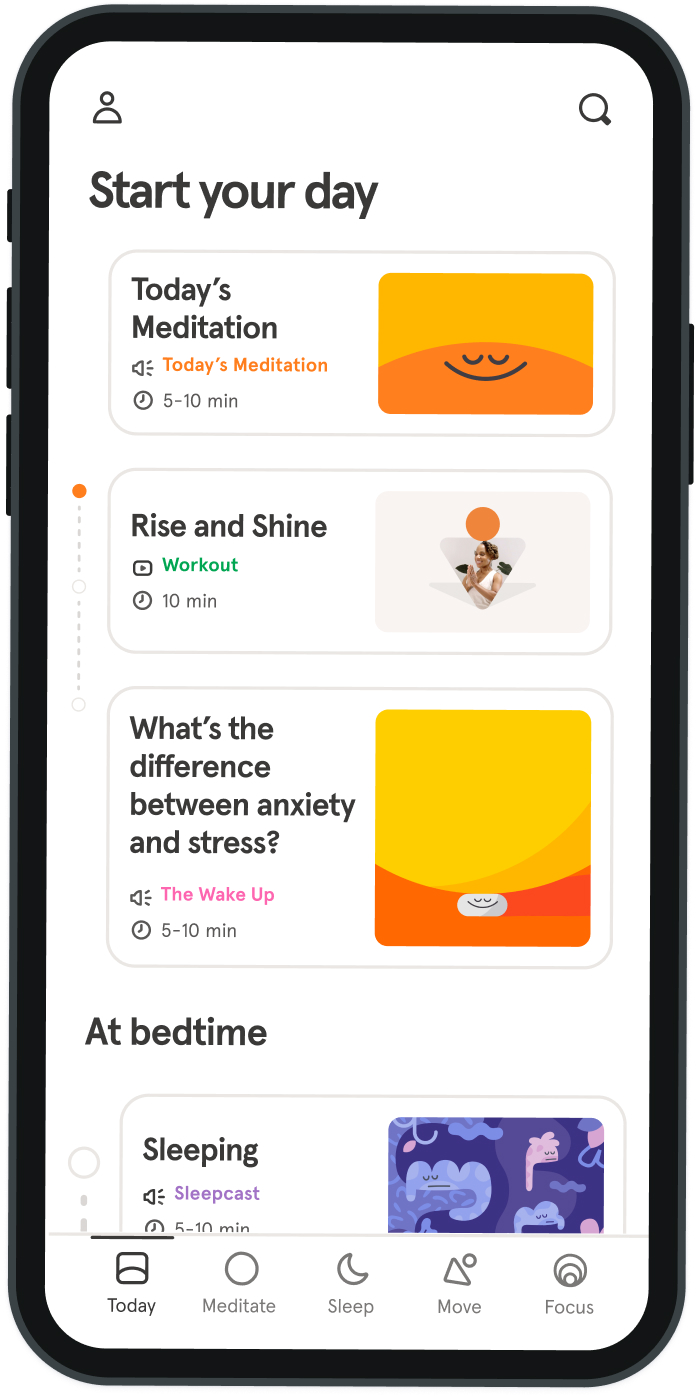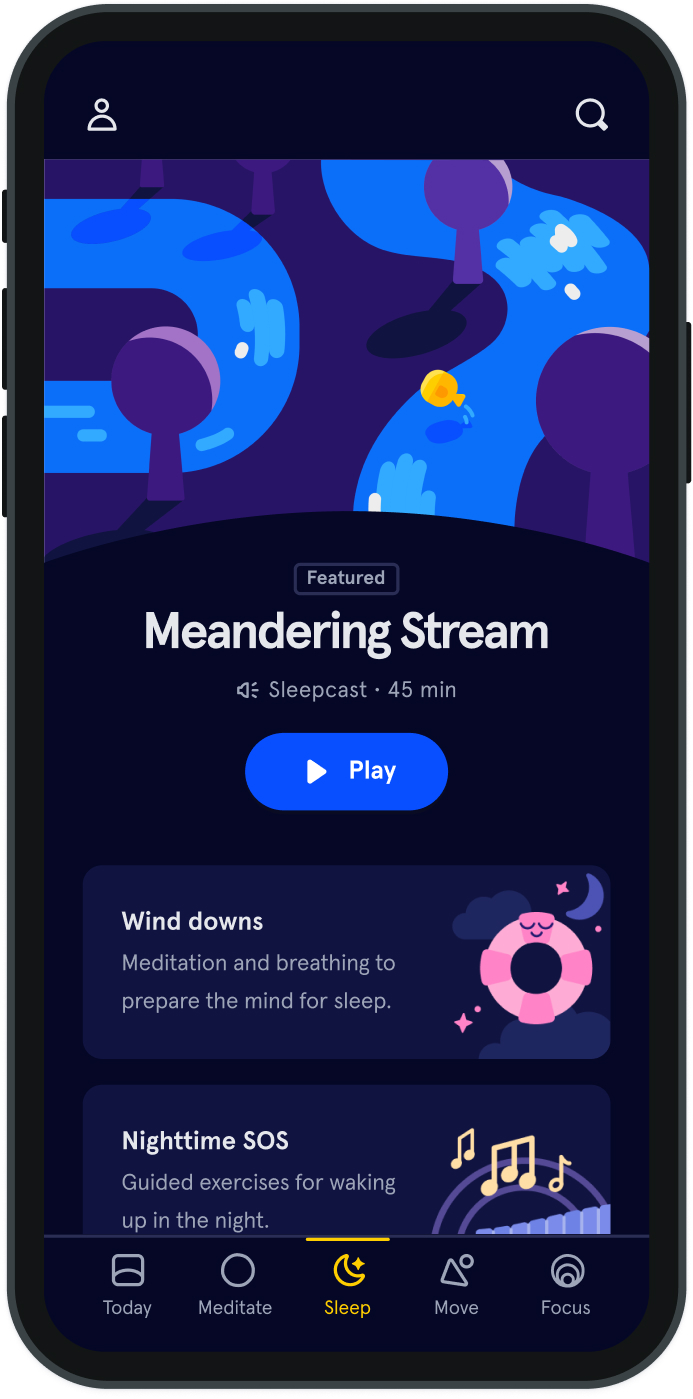How much phone is too much phone?
If you feel like you’re constantly checking your phone, you’re not alone: TIME reported in December 2015 that the average person checks their phone 46 times a day. And considering most people have an insatiable urge to check if they have a new alert, coupled with the constant release of new and addictive apps, that number could be on the low-end in a year or two.
While being a participant in the modern world makes it difficult to ever detach from your phone completely, there are steps to stop checking your phone so frequently. If you’re thinking, “Why would I want to stop checking my phone? I like feeling connected to everything,” that’s understandable. “The internet gives us wonderful things [like access to] amazing apps, news, and a way to stay connected to friends and family,” says relationship specialist and therapist Sharla Macy, LMFT. “[But] I think something that we’re becoming more conscious of is: is this controlling us? Or are we controlling it? You say, ‘I’m just going to check a couple of emails or go online to Facebook or Twitter,’ and then two hours later…” Macy notes that a hit of dopamine is released whenever you, say, see a new message on your phone and then reply to it, an action which is often followed by more texting, tweeting, and Googling. This phenomenon is called a “dopamine loop”. Macy says, “we need to have a wise mind around how to use [our phone], and how to turn it off.” These are some of her best practices.
Set limits on when and where you check your phone
Macy says she likes the advice of writer Ned Hallowell, who recommends dedicating a certain amount of time to check your phone and then turn it off. This certainly takes discipline, as a lot of us are used to checking our phone practically all the time. So, Macy suggests giving your mind and body something else to do in the meantime. “I think withdrawal is real for this [type of] addiction,” she says. “If you turn [your phone] off, go take a walk. Stretch. Get another way to release that tension or stress. We need to move our bodies or take breaths mindfully. Have a practice that utilizes that.”
One thing I’ve found helpful is to be mindful in places where I normally resort to checking my phone—like in line at the grocery store. The supermarket used to be a place where I’d either zone out and stare at my phone or be completely incensed that my time was being wasted because the person in front of me couldn’t find their credit card. Nowadays, I know I have other options. I can focus on my breath, or pay attention to what’s going on around me—all of which feel like a kinder way to treat myself than going on another dopamine loop.
Let your friends or partner help you
As someone who counsels couples, Macy says her clients frequently cite their spouses ignoring them in favor of their phones as a problem in their relationships. “For couples, it’s [about] putting the relationship first, and having times when you both turn off [your] devices,” she says. For example, Macy says she and her husband have a rule that banishes phones from the bedroom. Instead, Macy has replaced being on the phone in the bedroom with reconnecting with her spouse by talking or reading together. For people who often check their phone for work, Macy notes that people “need to have some boundaries around [their] work/life balance” and just because you have the ability work anytime, anywhere, and all the time, doesn’t mean it’s a healthy choice.
Let an app limit your phone time for you
I later spoke to Macy about the appeal of using apps like Flipd, an app that basically locks you out of your own phone for a predetermined amount of time. She noted that “if you don’t have the control within yourself” to stay off your phone for the time periods you desire, she sees nothing wrong with downloading an app to do it for you.
And when you do look at your phone
Macy has one last tip for you when you eventually reach down to use your phone: keep in mind the 5:1 ratio that was popularized by the relationship expert Dr. John Gottman. He initially developed it to illustrate that if a couple in a relationship has a ratio of five positive interactions for every one negative reaction, then “the relationship is likely to be stable.” Macy believes this applies to a general theory of well-being and says to be mindful of what you’re actually doing on your phone. Try to consume five positive bits of content on your phone to one negative. So now you have an excuse to go look at five cute kitten videos.



Be kind to your mind
- Access the full library of 500+ meditations on everything from stress, to resilience, to compassion
- Put your mind to bed with sleep sounds, music, and wind-down exercises
- Make mindfulness a part of your daily routine with tension-releasing workouts, relaxing yoga, Focus music playlists, and more
Meditation and mindfulness for any mind, any mood, any goal

Stay in the loop
Be the first to get updates on our latest content, special offers, and new features.
By signing up, you’re agreeing to receive marketing emails from Headspace. You can unsubscribe at any time. For more details, check out our Privacy Policy.
- © 2025 Headspace Inc.
- Terms & conditions
- Privacy policy
- Consumer Health Data
- Your privacy choices
- CA Privacy Notice
